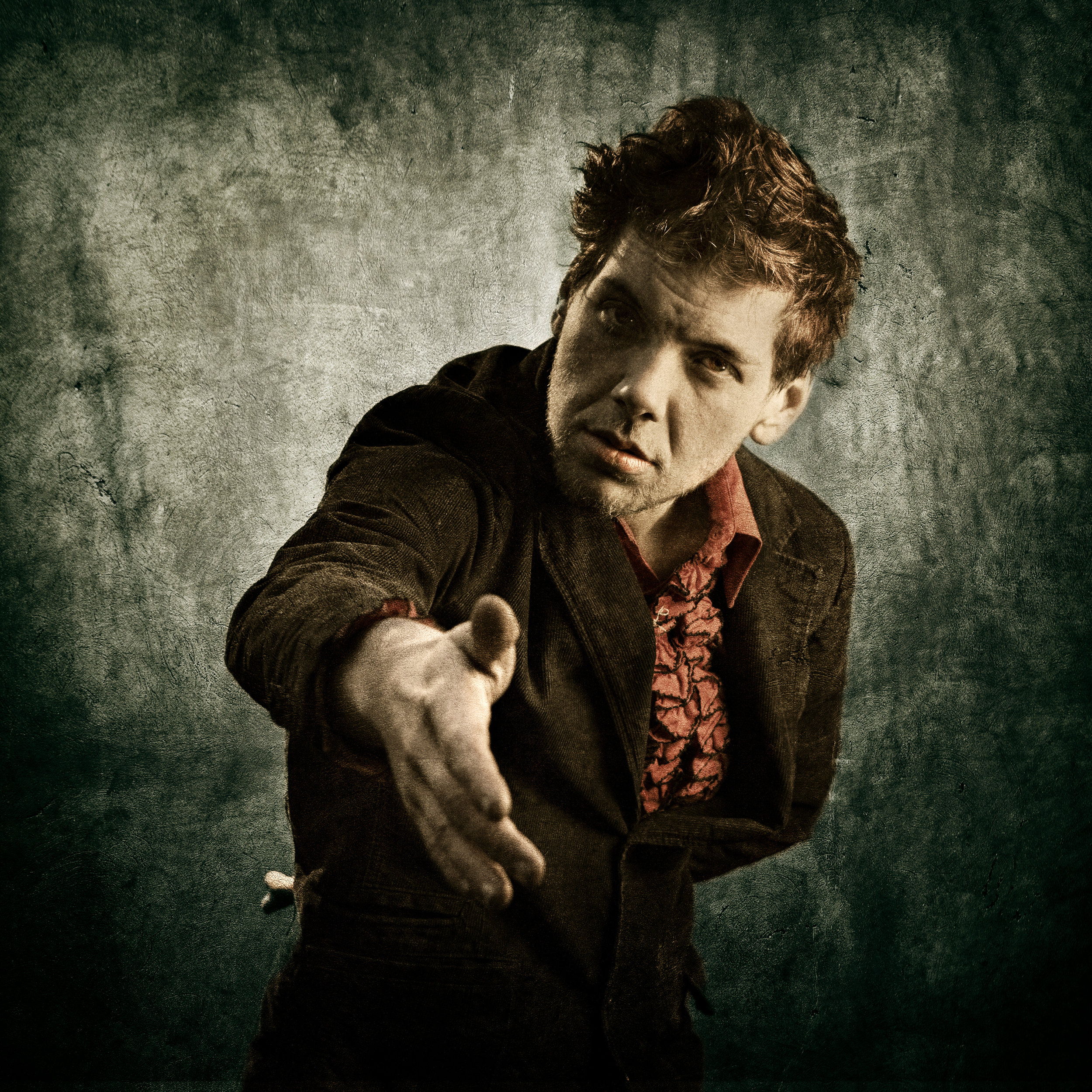under a waning moon
Time and the universe, on one hand, are cyclical. The sun rises and sets, the moon waxes and wanes, seasons repeat the same patterns every year. Birth and death occur across the spectrum of life, civilizations rise and tumble and rise again. To every thing there is a season. Et cetera. Taken in a long view, existence is an infinite circle.
But on the other hand, time and the universe are linear, and the entities within them are finite. There will never be another season like this particular season, and when it is over, it is over for all time. There will never be another individual like you or like me, and when we die -– regardless of what happens after death -– our life in these particular bodies which we inhabit will be over, forever. The earth itself, and the sun, and even the universe as we know it, are one-offs. Eventually, they will all come to an end, and regardless of whether they are “reborn”, they will not do so as the same entities.
The innate knowledge of this second fundamental fact of the universe is, I think, the source of all of our greatest fears. Although we see and experience rebirth all the time, we know that it is not a guarantee, and we know that we are not necessarily going to be its beneficiaries. Anyone suffering from a chronic illness, or living in a world of abject poverty and hunger, or standing at death’s door, knows all too well that things don’t always get better.
We are living in difficult times. Hope, faith, and a penchant for adaptability will probably see us through; the economy, just like the universe, has its cycles. In any case, optimism is generally a better tool for survival than pessimism. But what tears at the gut is the uncertainty as to what is cyclical about the current crisis and what is linear. Are we merely experiencing a “waning” of our fortunes, one which will, by definition, eventually reach its nadir and then transform into a “waxing”? Most likely, yes. But how long can we play a game of boom and bust with an economic system–nay, an entire civilization–that is built, not on a philosophy of expansion and contraction, but on a philosophy of expansion, expansion, expansion? Eventually, we will hit a bust from which we cannot recover. Our resources will be tapped out, our currency will have lost its value, our basic skills for living will have been long-forgotten in the byzantine network of goods and services that act as a life-support system for 99% of humanity. Eventually the human population will reach a point at which it can no longer sustain itself.
It might sound a little pessimistic, but we all know that there is a good chance that the future of civilization may indeed look something like that. Perhaps we will revamp our entire infrastructure, change our economic model, learn to harness and use renewable energy on a global scale, end war and poverty, and live happily ever after. But it’s not likely. What progress we make will most likely slow our decline moreso than guarantee our survival.
So what’s the point of this mental exercise in doom and gloom? I don’t know really; it’s just something I’ve been thinking about lately. Maybe the point is to cherish the moment, kiss the joy as it flies. Maybe it’s about slowing down, tightening up the ship, learning to live within our means. Maybe it’s about appreciating life in all its tragic complexity, seeing the beauty in the great epic tale in which we are all privileged to participate. Or maybe there is no point at all, just an awareness that our place in it all is fragile, temporary, ephemeral. And with that knowledge, a kiss, a stimulating conversation, a kind word from a stranger, a precious time spent with a loved one, a moment of communion with nature -– all these things take on new and urgent meanings. For in the end, these fleeting moments are all we have, and they are often past before we have the opportunity to relish them. Which is why we relive them in story, song and memory, make and archive images about them, commemorate them in ceremony. The human mind is a complex coping mechanism, to be sure.
These are, of course, the musings of one who has survived too long a winter, in both real and metaphorical terms. Perhaps the spring will bring a new perspective.











